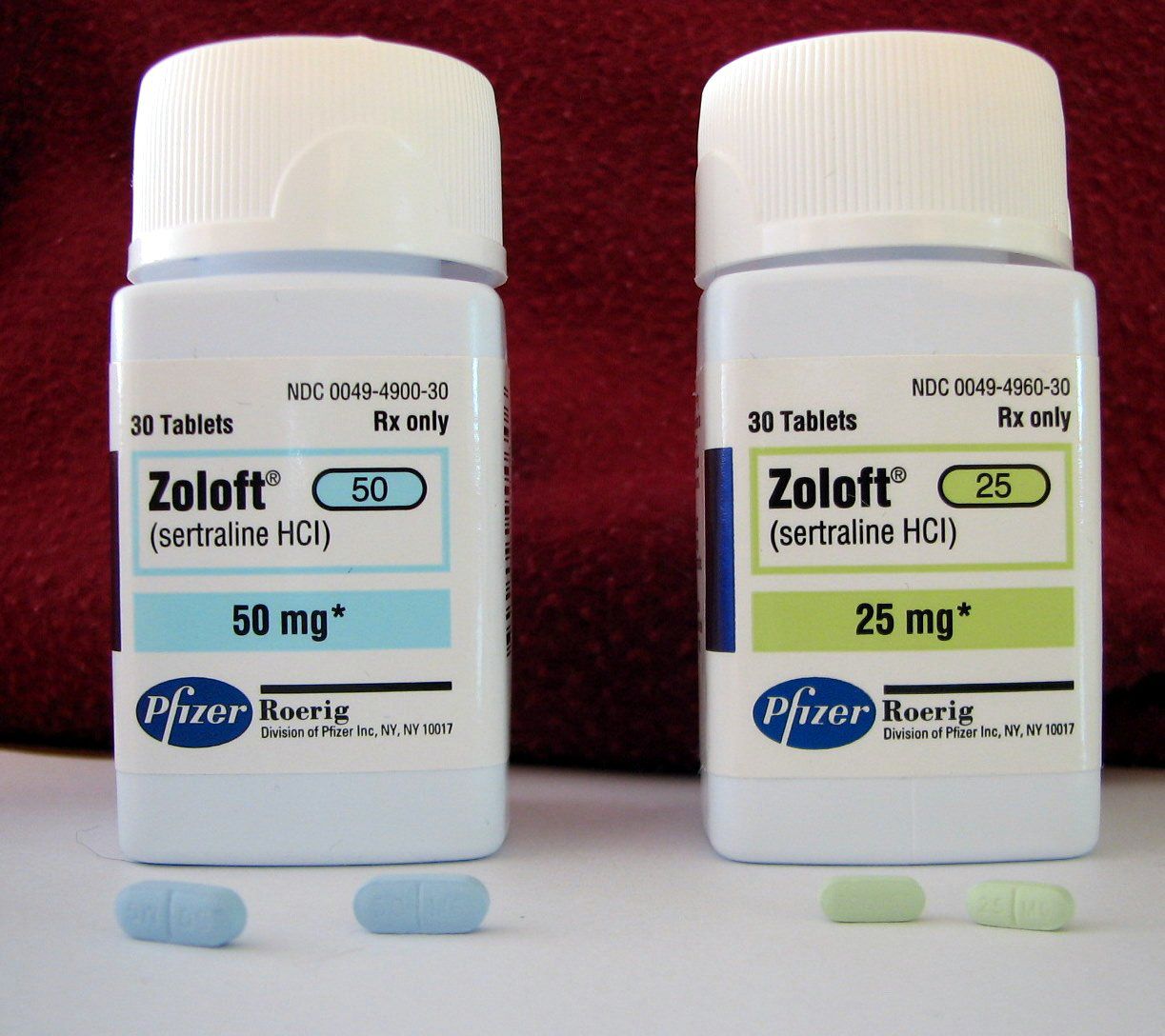Zoloft is a commonly prescribed medication for anxiety and depression, offering relief for many. However, concerns about its long-term effects, discontinuation challenges, and efficacy for anxiety are common. This article provides clear, medically-sound information to address these concerns, differentiating between dependence and addiction, explaining potential withdrawal symptoms, and offering practical advice for safe medication management. Delve into the captivating world of typography with this unique k͜͡ font.
Understanding Zoloft Dependence
Zoloft, like many medications, can lead to dependence. This means your body adapts to its presence, and stopping suddenly can cause withdrawal symptoms. This is not the same as addiction, which involves compulsive drug-seeking and use despite negative consequences. Zoloft doesn’t cause the intense cravings or loss of control associated with addiction.
Dependence vs. Addiction: A Crucial Distinction
While the terms are often confused, dependence and addiction are distinct. Dependence is a physical adaptation to a substance, while addiction involves a complex interplay of psychological and behavioral factors. With Zoloft, you might experience discomfort upon stopping, but you won’t experience the overwhelming cravings characteristic of addiction.
Zoloft Discontinuation: Managing Withdrawal
Stopping Zoloft abruptly can lead to discontinuation syndrome, with symptoms ranging from mild to bothersome. These can include anxiety, irritability, mood swings, nausea, dizziness, and “brain zaps”—brief, electric shock-like sensations. The experience varies from person to person.
Tapering Off Zoloft: The Safer Approach
To minimize withdrawal symptoms, tapering off Zoloft gradually under a doctor’s supervision is essential. This allows your brain to adjust to the decreasing medication levels. Your doctor will create a personalized tapering schedule based on your individual needs.
Zoloft Side Effects: What to Expect
Understanding potential side effects is crucial when considering or taking Zoloft. The most common side effect is nausea, often occurring when starting the medication or increasing the dosage. This typically subsides as your body adjusts.
Other common side effects can include:
- Sleep changes (insomnia or drowsiness)
- Changes in bowel movements (e.g., diarrhea)
- Weight fluctuations
- Sexual dysfunction (decreased desire or difficulty reaching orgasm)
Remember, everyone’s experience is unique. Side effects are often mild and temporary, but it’s essential to discuss any concerns with your doctor. They can provide personalized advice, adjust your dosage, or explore alternative medications if necessary.
Managing Side Effects: Practical Tips
| Common Zoloft Side Effects | Possible Management Strategies |
|---|---|
| Nausea | Small, frequent meals; avoiding greasy/spicy foods; anti-nausea medication |
| Sleep Changes | Regular sleep schedule; relaxing bedtime routine; discussing sleep aids |
| Diarrhea | Staying hydrated; bland foods; anti-diarrheal medications |
| Weight Fluctuations | Healthy diet and exercise; discussing concerns with your doctor |
| Sexual Dysfunction | Open communication with your partner; discussing solutions with your doctor |
Discontinuing Zoloft: Challenges and Support
Stopping Zoloft, especially after long-term use, can be challenging. Withdrawal symptoms, though not indicative of addiction, can be uncomfortable. Factors like higher doses, longer duration of use, and abrupt cessation increase the likelihood of more noticeable symptoms. Other mental health conditions can also influence the experience.
Risk Factors for More Noticeable Withdrawal Symptoms
| Risk Factor | Description |
|---|---|
| High Dosage | Higher doses may increase the likelihood and intensity of withdrawal. |
| Long-Term Use | Extended use increases the chance of withdrawal, though it’s sometimes medically necessary. |
| Abrupt Cessation | Stopping suddenly is a primary trigger for withdrawal symptoms. |
| Other Conditions | Co-existing mental health conditions might increase sensitivity to withdrawal. Consult with your doctor. |
Seeking Support: Your Mental Health Team
Consider talking to a therapist or counselor when discontinuing Zoloft. They can provide support, coping strategies, and guidance through potential emotional challenges. Support groups can also connect you with others who understand your experience. Your doctor can recommend additional coping mechanisms tailored to your specific symptoms.
Is Zoloft Right for Your Anxiety?
Zoloft is frequently prescribed for anxiety disorders, but its effectiveness varies. As an SSRI, it increases serotonin levels in the brain, which helps regulate mood. However, individual responses differ, making open communication with a healthcare professional crucial.
Zoloft and Addiction: Addressing Concerns
Zoloft is not physically addictive. While dependence can occur, this is distinct from addiction. Withdrawal symptoms are possible upon discontinuation, but these are not cravings or compulsive drug-seeking behaviors. Tapering off gradually under medical supervision minimizes these symptoms.
Side Effects, Dosage, and the Treatment Journey
Side effects like nausea, sleep changes, and sexual dysfunction are possible but often temporary. Finding the right dosage is a personalized process. Open communication with your doctor is key. They can adjust your dosage, manage side effects, and explore alternative options if needed.
Beyond Medication: A Holistic Approach
Zoloft is not a standalone solution for anxiety. Combining medication with therapy, such as CBT, can be highly effective. CBT provides practical coping mechanisms for anxious thoughts and behaviors. Managing anxiety is a journey, and finding the right approach might require adjustments. Close collaboration with your healthcare provider is essential.
Is Zoloft Difficult to Stop Taking?
Whether or not Zoloft is difficult to stop taking depends largely on how it’s discontinued. Abruptly stopping can indeed be challenging due to potential withdrawal symptoms. However, with a carefully managed tapering plan under medical supervision, the process can be much smoother.
It’s important to remember that withdrawal symptoms, while uncomfortable, are typically not a sign of relapse but rather the brain readjusting to the absence of the medication. The experience varies widely, influenced by factors such as dosage, duration of use, individual sensitivity, and the presence of other mental health conditions. Ongoing research continues to explore the complexities of Zoloft discontinuation and refine our understanding.
Open communication with your doctor, combined with support from family, friends, therapists, and support groups, can significantly ease the transition off Zoloft. This comprehensive approach addresses both the physical and emotional aspects of discontinuation, promoting a safer and more comfortable experience. Remember, your mental health journey is a partnership between you and your healthcare provider. Working together, you can navigate challenges, manage potential withdrawal symptoms, and ultimately find the path that best supports your wellbeing.












